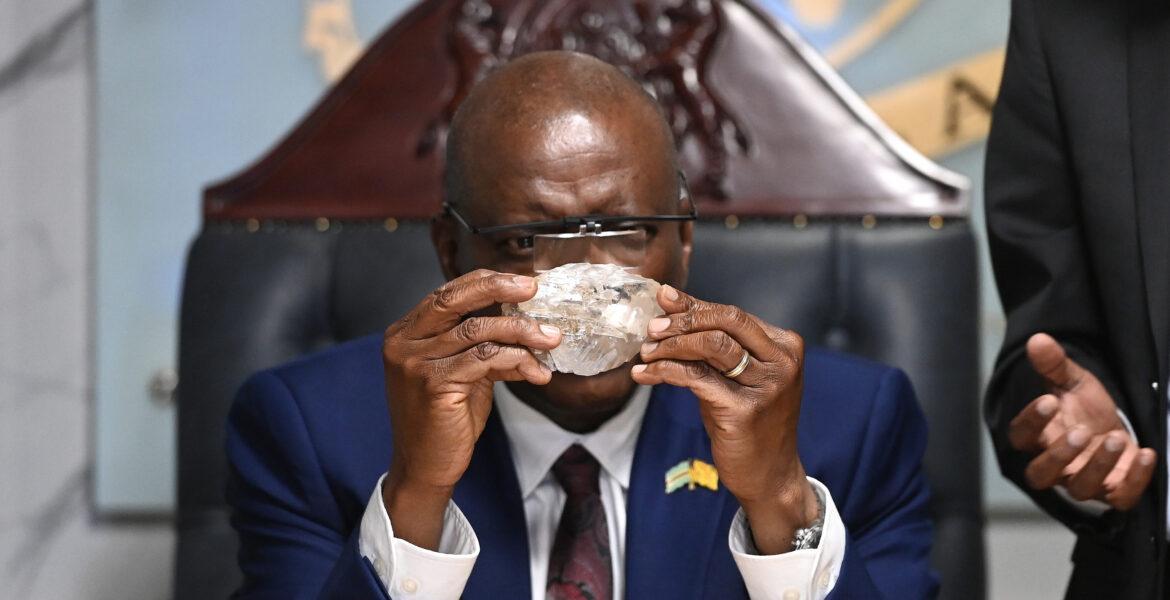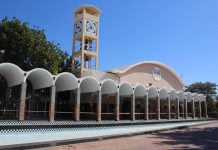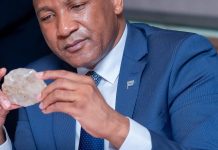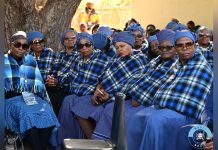Africa-Press – Botswana. When the President, Dr Mokgweetsi Masisi, speaks about the new DeBeers deal, he does not mince words – Botswana must benefit from her diamonds.
It was not a long time ago when De Beers and the government concluded a historical deal that marked a new journey as Botswana increased its share in her precious gem.
Following the conclusion of the deal, Dr Masisi was a happy man, no other president before him had been able to pull a deal that will provide additional revenue and skills development opportunities for Batswana.
The former president, Dr Festus Mogae, pioneered the development of the diamond value chain as it was during his presidency that Diamond Trading Company (DTC), formerly Central Selling Organisation, moved from London to Botswana, with De Beers incurring most of the expenses.
The new word ‘beneficiation’ was added to the vocabulary as Botswana no longer exported rough diamonds. Diamond polishing companies, called sightholders, opened their firms in the country.
Global diamond mining giants, De Beers and the government, have over the years been hailed for forming a good partnership that has enabled Botswana to develop through mineral revenue.
Mr Mogae once said, the two [are] Siamese twins who need each other for survival.
International commentators have thus hailed Botswana for avoiding the Dutch Disease and the Resource Curse – a common factor in most African countries, where conflict over minerals has led to civil wars.
For starters, the two have formed a world leader in diamond mining, Debswana (50 per cent each), formerly known as De Beers Botswana Mining Company.
For President Masisi, Botswana was not accruing much revenue from the deal, hence he gave the negotiating team a clear path on what to bring to the table.
The phrase ‘ba kile ba re peperepere’ (description of how resistant the partners were with succumbing to the deal) was echoed by a man who was not afraid of walking away from the 54-year partnership if the government was not going to get what it sought.
Speaking in a press briefing following the signing of a new deal, the Minister of Minerals and Energy, Mr Lefoko Moagi said, “The new chapter we are embarking on will see more skills development and job creation for Batswana and more diamond beneficiation locally.”
He described the deal as a win-win situation, saying the government was aware of what the deal meant for Botswana, De Beers and the diamond industry.
This was a move never before taken and addressing a kgotla meeting in Mmadinare, the president acknowledged that at the beginning of the deal, Botswana had just attained independence and therefore were ignorant and lacked negotiation skills to get a good deal.
“We signed it at a time when we did not know much, but our eyes are open,” he said.
The new deal, which the parties reached on June 30 last year, saw the two parties signing a 10-year sales agreement and a 25-year extension of Debswana mining licenses.
Previously, 75 per cent of Debswana production was sold to De Beers while 25 per cent went to state-owned Okavango Diamond Company (ODC).
However, under the new deal, ODC’s share will increase to 30 per cent in the short-term and 50 per cent over the duration of the agreement, and recently, Parliament passed a bill as the entity required a loan guarantee facility to secure US$300 million loan from Standard Chartered Bank to be used for increased production.
The deal has also seen the establishment of the Diamond for Development Fund, under which De Beers has injected an upfront investment of P1 billion and will contribute a total of P10 billion during the sales agreement period.
For More News And Analysis About Botswana Follow Africa-Press






